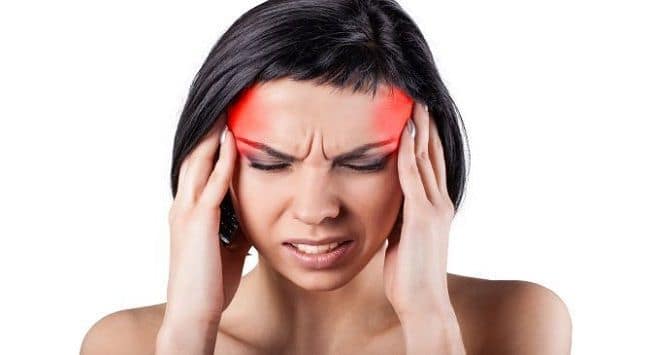Millet for diabetes: A new study has found that this grain can have positive health effects on a person dealing with diabetes. Read on to know more.
Diabetes is a major public health issue that affects millions of individuals worldwide. It’s a lifestyle disease, which means that what you consume has a big impact on your blood sugar levels. But many people believe that since diabetes affect blood sugar, diabetics cannot eat sugar or carbohydrates like millet. What people should know is that while people living with diabetes should be more careful of their carb intake to manage their blood sugar, good carbohydrates can also help manage the symptoms of diabetes. A new study published in Frontiers in Nutrition found that millet is, in fact, a good addition to a diet recommended for diabetes.
Also read: Researchers identify gene related to seed dispersal in green millet
Benefits Of Millet For Diabetes
Researchers from the University of Reading in England intended to compare the effects of different types of millet to those of other cereals. To do so, they looked at 80 different millet studies involving 1,000 participants from 11 different nations.
According to the study, eating millets may lower the chance of getting type 2 diabetes. Furthermore, researchers discovered that it assisted persons with diabetes maintain their blood glucose levels. When compared to other grains, millets have a low average glycemic index (GI). The data show that consuming millets can improve glycemic control.
As per the study results, diabetics who ate millets as part of their daily diet noticed a 12-15 per cent drop in blood glucose levels (fasting and post-meal), and their blood glucose levels dropped from diabetes to pre-diabetes. HbA1c (blood glucose bound to haemoglobin) levels in pre-diabetic people decreased by an average of 17%, moving them from pre-diabetic to normal state.
Healthy Eating Tips For Diabetes
While there are different types of diabetes, and no two people are the same. So, there isn’t one diet plan for every diabetes patient. But here is a list of healthier food choices to manage blood sugar levels.
Include More Healthy Carbs
Just like millet, there are other sources of healthy carbs that you can include in your diet. Some healthy sources of carbohydrates include whole grains, fruit, vegetables, pulses such as chickpeas, beans, lentils, and dairy.
Less Red Meat
If you’re reducing your carb intake, you might find yourself eating larger servings of meat to keep you satisfied. This is not recommended for red and processed meats such as ham, bacon, sausages, beef, and lamb. All of these have also been linked to heart disease and cancer. Beans, peas, and lentils are also high in fibre and have a low impact on blood glucose levels, making them a good substitute for processed and red meat and keeping you satisfied.
Eat Less Salt
Salt consumption raises the risk of high blood pressure, which raises the risk of heart disease and stroke. And if you have diabetes, you’re already at a higher risk for all these problems. Limit your salt intake to no more than 6g (one teaspoonful) per day.
More Fruits And Veggies
You might be wondering if you should avoid fruit because it is high in sugar. No, that is not the case. Everyone benefits from whole fruit, and diabetics are no exception. Fruits do contain sugar, but it is sugar that comes from nature. This is distinct from the added sugar (also known as free sugars) found in foods such as chocolate, cookies, and cakes.
Choose Healthier Fats
Unsalted nuts, seeds, avocados, oily salmon, olive oil, rapeseed oil, and sunflower oil include healthier fats.
Note: These are general tips, and you should talk to your healthcare provider for a proper diet plan.
This post first appeared on The Health Site









